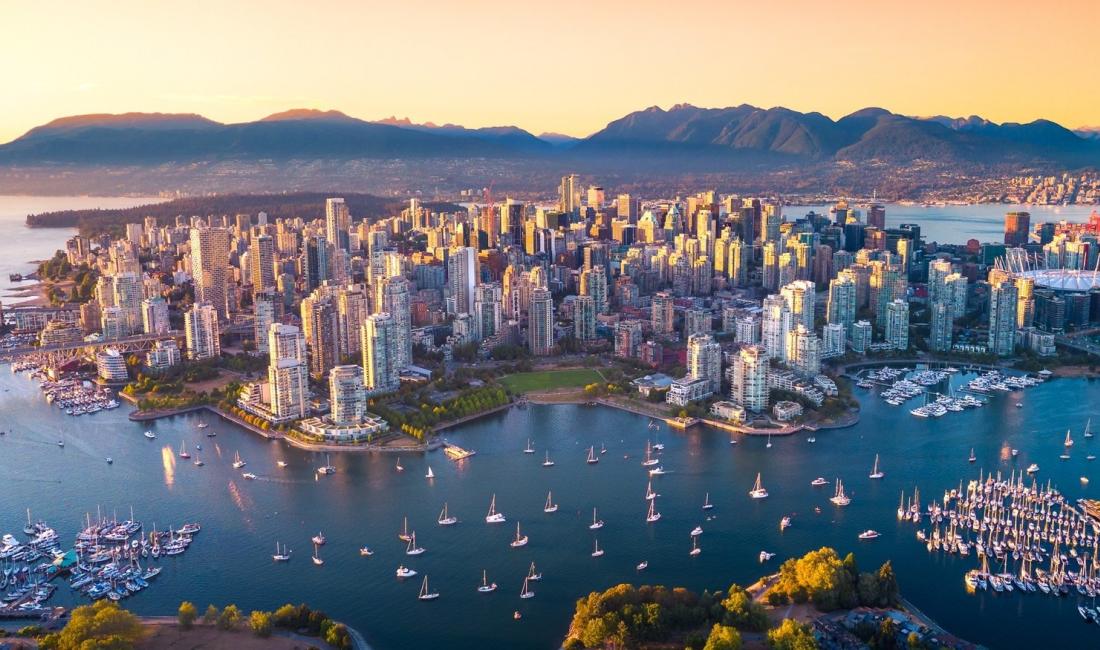Why the deliberative democracy movement needs to get more aggressive
(talk as delivered September 19, 2024, at Democracy R&D meeting, held at Arts Connection, Granville Island, Vancouver, British Columbia, Canada)
This will be a very short intervention.
I’m honored to be here. I’m only here because David Schechter [the Democracy R&D founder) made the mistake of letting a journalist into Democracy R&D.
I’ve been listening to the people in this movement, for deliberative democracy and citizens assemblies, for many years. I’ve had the opportunity over the last couple years to become closer to the movement.
And I have to tell you that when I listen to you, I find myself thinking of a famous sociologist, originally from Waco, Texas, by the name of C. Wright Mills. He is best known for a book called The Power Elite. But listening to you makes me think of a different book by Mills.
The book was called The Causes of World War III. In that book, Mills coined a term, “crackpot realism.”
He used the term to refer to the self-styled realists who tend to run things, who see themselves as careful and sensible. They prefer small steps and proven strategies. And that can work. But in in a profound emergency, in dire circumstances, in an existential crisis, their brand of realism could get people killed, even blow up the world. Theirs was the realism of crackpots.
Right now, I look at the world, in the midst of multiple crises, and then I listen to all of you, and I think that “crackpot realists” are overrepresented in this movement.
This panel began with a question about how we “scratch the doors” of politicians, and ask their permission to put in place these democratic processes, these citizens assemblies. But why are we asking permission? Is that really our theory of change—to ask nicely?
I hear so much about the numbers of assemblies you’ve done, and I hear people talk about how we can do pilot after pilot assembly and then in 10 years, people will see how great these things are and adopt them. Do you really think the world has that much time? And when has that ever worked?
I admire the people in this movement. I love what you’re trying to do for democracy. And I appreciate that you behave carefully, practically, and, always, always, so deliberately.
Being deliberate is essential to deliberative democracy. But being slow and deliberate in establishing more democracy in our societies, in institutionalizing deliberative democracy in a world that needs it. Well, that sort of deliberation is crackpot realism.
It’s time to get aggressive. And to focus not on doing more pilot assemblies, but in establishing the assembly directly in law, in constitutions. You need to make deliberation a right. Something that people themselves can demand and get when they show enough support for an assembly. Get enough signatures to support an assembly, and the people themselves can trigger it. People shouldn’t have to ask permission of the government to take deliberation and decision-making into their own hands.
How do we establish these processes in law, and establish deliberation as a right? I think you have to consider that old-fashioned, dirty politics will be required to usher in a new era of deliberation. That’s how all sorts of reforms in the U.S. have happened. Term limits, redistricting commissions, ranked-choice voting, direct democracy itself were enacted and put into law.
Yes, pushing deliberation and citizens assemblies this way will create controversy and conflict. But you need the conflict. Very few people know what these deliberative processes are. A fight about whether to adopt them will help educate the public, and give you a chance to make these processes better known.
I also think you need a wider frame, to focus less on citizens assemblies, and more on the role of deliberation in our government and our society. You also need to show why more democracy, and more deliberation is urgent, by connecting it to larger narratives about the threats to our world, to humans and to living things.
Here’s one way I’d tell the story. We hear about declines in democracy around the world, but those rankings of democratic decline focus on nation-states. And nation states of all kinds are in decline, because they are failing. Nation-states are unable to solve the big planetary problems that threaten us all—climate change, disease, war. To the contrary, nation-states make those problems worse. And nation-states also hurt cities and local communities, by extracting their resources, limiting their democracy and agency, and weakening their ability to solve local problems.
If your movement for more democracy and deliberation is going to succeed, you’re going to need to be part of a bigger cause—of empowering local communities, and providing them the democracy, the legitimacy and the capacity to solve their problems. You’re in the business of building stronger local communities that can govern themselves better—and perhaps work together, with local governments around the world, to address those hard planetary challenges.
Talking about deliberative democracy as part of this larger project, to empower people and communities and save the planet, is where you find urgency. From here on, your plea will no longer be, “Hey there Madam Councilmember, would you please let us put on a citizens assembly?”
Instead, your pitch will be to borrow a line from a European who became governor of California earlier in this century. You’ll extend your hand in aid, as that governor used to do in the movies and say, “Come with us if you want to live.”




